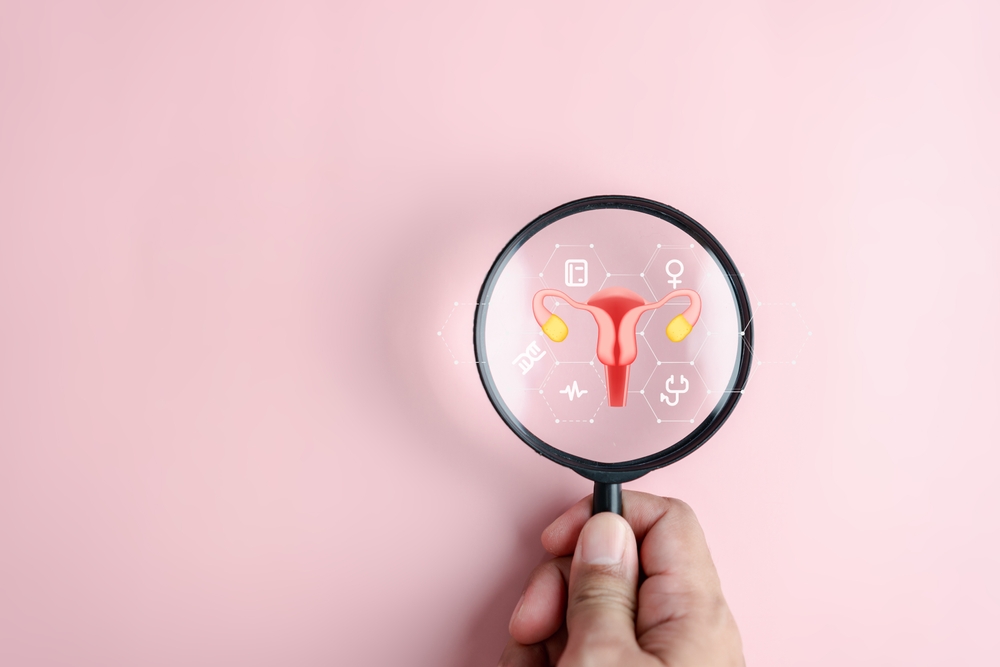New research from Roche shows that 31% of eligible millennials have postponed or missed their cervical cancer screening appointment, which is 27% higher than the average for all age groups.
The findings are based on a survey of 5,518 Internet users aged 16 to 64, conducted by GWI in six European countries and commissioned by Roche.
Although screening services are widely available for free or heavily subsidized in many countries, certain challenges make it difficult for the millennials surveyed to access regular cervical screening.
In addition to well-documented fears about the pain, embarrassment, and stigma associated with testing, the study found that millennials face particular challenges when balancing careers, caregiving responsibilities, and relationships.
These duplicative efforts appear to have relegated cervical cancer screening, which remains important for detecting HPV, which causes more than 99% of cervical cancers, to the bottom of the priority list, resulting in higher rates of missed or delayed screening compared to other groups.
“Millennials are often described as the generation that can do it all, juggling careers, caregiving, and social expectations, but they tend to put themselves on the back burner,” said Joanna Schickler, vice president of health policy and external affairs at Roche Diagnostics.
Why is cervical cancer screening so important?
Cervical cancer is one of the most common cancers affecting women around the world, but it is mostly preventable through regular screening and vaccination.
According to the World Health Organization (WHO), there are an estimated 600,000 new infections and more than 340,000 deaths each year, with the majority occurring in low- and middle-income countries. The main cause is persistent infection with high-risk types of human papillomavirus (HPV).
Cervical screening methods such as Pap smears and HPV tests can detect precancerous changes early, allowing timely treatment and significantly reducing mortality. Regular screening remains the most effective tool for early detection and prevention of disease.
Why are so many Millennials missing out on cervical cancer screening appointments?
Fear remains the biggest barrier to cervical cancer screening. Thirty percent of all women cite fear as the main reason for missing or delaying a cervical cancer screening appointment due to discomfort, pain, or fear of possible consequences.
The study also found that professional commitments and workplace demands were key factors and the second biggest barrier for all participants. High-income earners (the top third of the overall market income range) are 22% more likely to delay plans than the average individual, and 27% of this group cited workplace demands as a reason for delaying.
Millennials who have delayed or canceled a screening appointment are 20% more likely than the general population to say that flexibility or incentives at work would help them prioritize cervical cancer screening.
Caregiving responsibilities become even more complex, especially for parents. For many, the demands of family life take precedence over personal health, with 27% of parents surveyed reporting having postponed or canceled their cervical cancer screening appointment.
Lack of awareness and discussion is a major barrier
These challenges are compounded by a lack of awareness and discussion about cervical cancer screening, with half of the women surveyed believing there are no systems in place to support or subsidize medical appointments.
Furthermore, nearly 50% of respondents, including 43% of Millennials, admitted that they had never talked to anyone about cervical cancer screening, highlighting the pervasive cultural discomfort that leaves many people without the emotional support and encouragement they need to make screening a priority.
Practical and emotional support is key to improving attendance. Among Millennials who postponed a checkup, 12% said assistance with travel or child care was an important motivator, and 19% said increased workplace flexibility and encouragement from their employer helped them prioritize their appointment.
Emotional support also plays an important role, with 10% saying they would be more likely to participate if encouraged by family, friends or colleagues.
Developing solutions requires evolving health systems
The findings highlight the importance of practical, tailored interventions that address the barriers faced by Millennials.
Commenting on the results, Professor Daniel Kelly OBE from Cardiff University, co-chair of the European Cancer Organization’s HPV and Hep B Action Network, said: “Health systems need to evolve according to where and how women live, providing flexible, person-centred screening options and access to vaccination, while promoting open dialogue and community engagement to normalize cervical health as a shared responsibility.”
Source link

